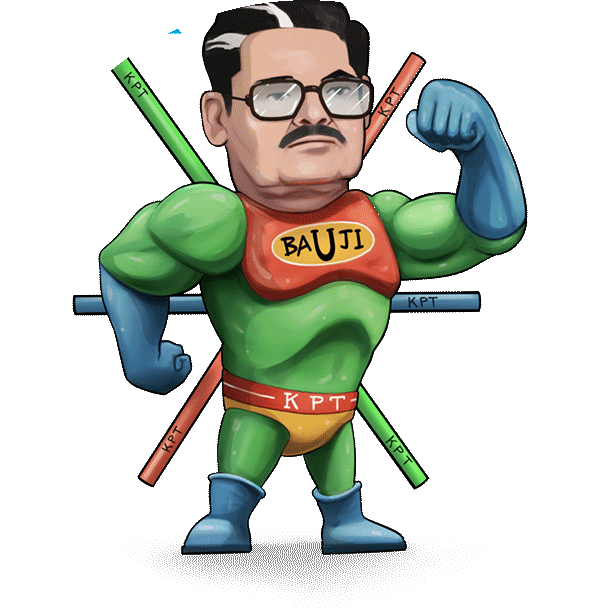In the quest for sustainable industrial practices, the significance of choosing environmentally friendly materials cannot be overstated. Among the various components used in industrial settings, the choice of piping systems plays a pivotal role. Polypropylene Random Copolymer (PPR) pipes have emerged as a promising solution in this regard, offering a multitude of environmental benefits that contribute to industrial sustainability.
Eco-Friendly Characteristics
PPR pipes are crafted from a thermoplastic polymer, polypropylene, which is known for its durability, longevity, and most importantly, its eco-friendly characteristics. These pipes are renowned for their high resistance to corrosion, heat, and chemical reactions, making them an ideal choice for various industrial applications. However, it’s not just their functionality that makes them stand out; it’s their positive impact on the environment that truly sets them apart.
Recyclable
Firstly, PPR pipes are recyclable. The composition of polypropylene allows these pipes to be recycled efficiently, reducing the overall environmental footprint. Compared to traditional materials like metal or PVC pipes, PPR pipes offer a closed-loop recycling capability, minimizing waste generation and promoting a circular economy within industries.
Reduced Carbon Footprint
Moreover, the production of PPR pipes involves lower energy consumption and emissions compared to other piping materials. The manufacturing process of PPR pipes requires less energy input and results in fewer greenhouse gas emissions, contributing to a reduced carbon footprint. This aligns with the global effort to mitigate climate change and promote cleaner production methods across industries.
Conserves Resources
Additionally, the durability and longevity of PPR pipes play a crucial role in environmental conservation. These pipes have a significantly longer lifespan compared to many other materials. Their resistance to corrosion and chemical reactions ensures minimal degradation over time, reducing the need for frequent replacements. This not only conserves resources but also decreases the disposal of old pipes, further minimizing waste generation.
Superior Insulating Properties
Furthermore, PPR pipes offer excellent energy efficiency in industrial settings. Their superior insulating properties help in maintaining consistent temperatures for fluids being transported, thereby reducing the energy required for heating or cooling. This results in overall energy savings and contributes to the efficient operation of industrial facilities.
Eco-friendly Practice
The adoption of PPR pipes in industrial sustainability practices is not merely about the environmental advantages; it also encompasses economic benefits. The longer lifespan and reduced maintenance requirements of PPR pipes translate into cost savings for industries in the long run. Additionally, the use of recyclable materials aligns with the growing consumer and regulatory demands for eco-friendly practices, potentially enhancing brand reputation and market competitiveness.
In conclusion, the incorporation of PPR pipes in industrial operations presents a compelling case for sustainability. Their recyclability, lower environmental impact during production, durability, energy efficiency, and cost-effectiveness make them an exemplary choice for industries aiming to reduce their ecological footprint. By embracing such environmentally conscious solutions, industries can pave the way for a greener and more sustainable future.

